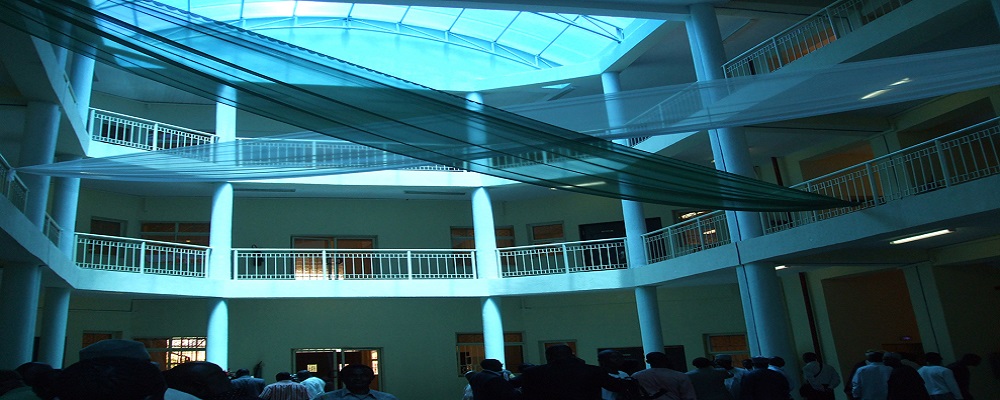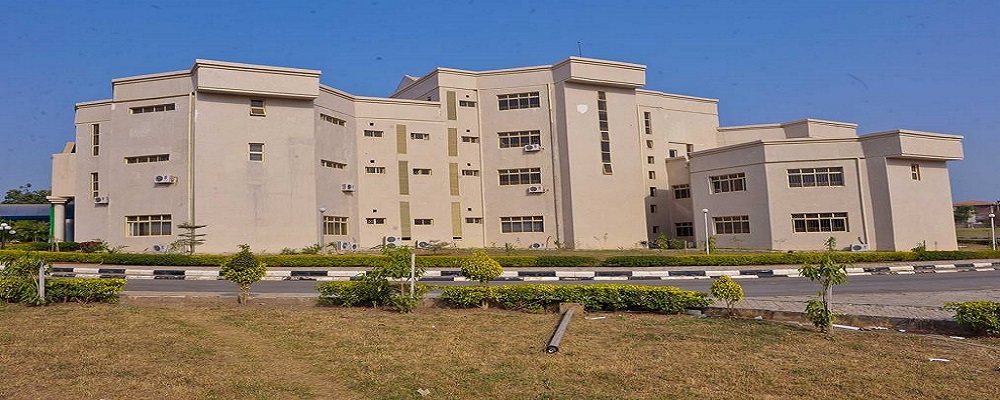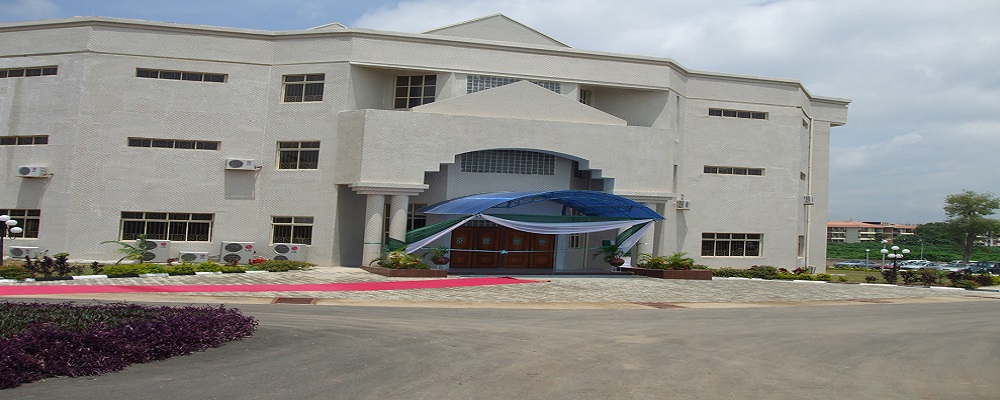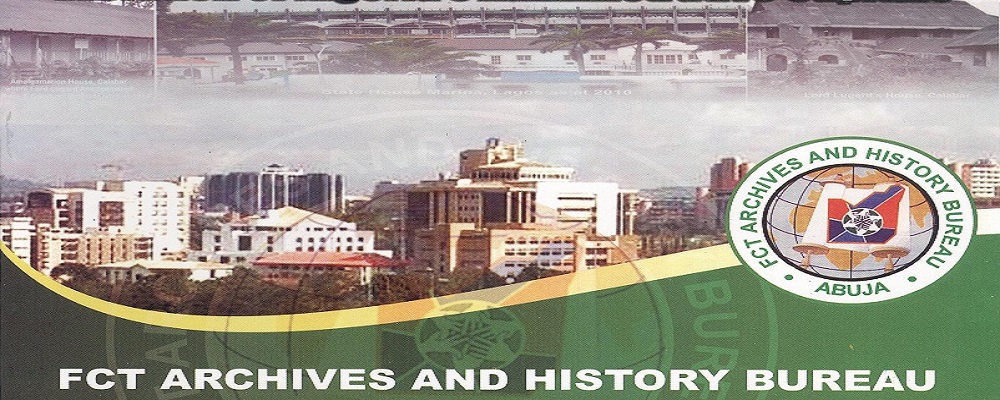ESTABLISHMENT
The bureau is saddled with the responsibility of organising, conserving and preserving data necessary for planning, development and management of FCT, as well as safeguarding of a peoples historical knowledge in an easily accessible manner and, to make such data serve as a tool for proper planning and administration of the FCT.
VISION
To provide a world class Archives and documentation centre in the federal capital territory that will meet real time and on-line information and record needs for members of the public using world best practices
MISSION
To collect, collate, conserve, preserve and manage all archived records of the Federal Capital Territory that are responsive to real time information needs of planners, city managers, research scholars, policy makers etc
MANDATE
The Bureau’s mandates were as follows;
- Establish and sustain an easy-to-access computerizes records management system for non-current records of the FCT in line with Article 5 of the National Archives Decree (1992)
- Maintenance of archives of all non-current records of FCT
- Create and maintain a database of all information relevant to, and necessary for the effective development and governance of the FCT, (including demographic, economic, social and comparative data on other cities).
- Use this records and data base to make well-informed, timely and regular inputs into the policy formation, decision making and policy implementation by the FCT.
- Use these records and other historically sourced materials to reconstruct and document the history of FCT, and make these records and sources available for research and other forms of inquiries by academicians, the media, political class, researchers and the general public.








